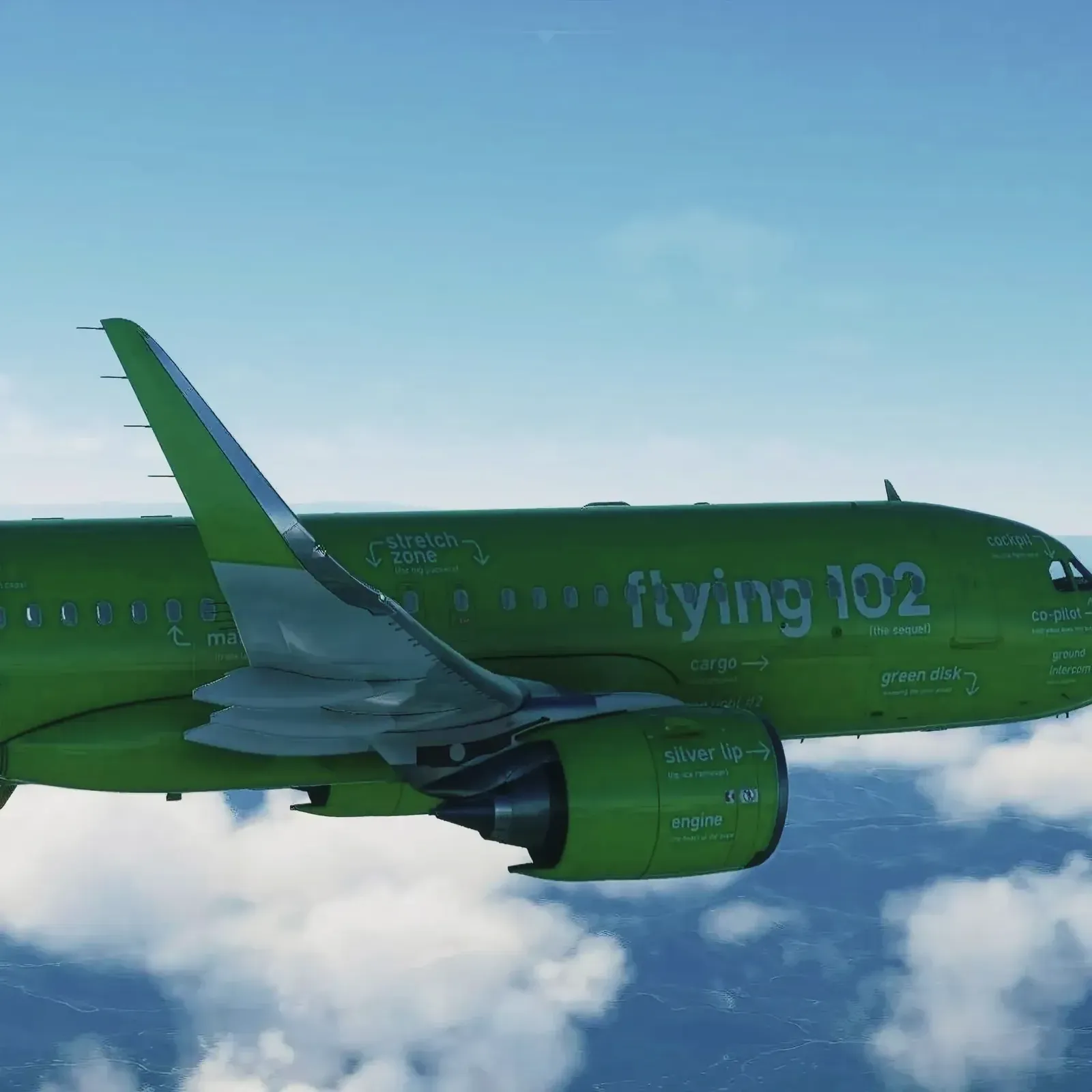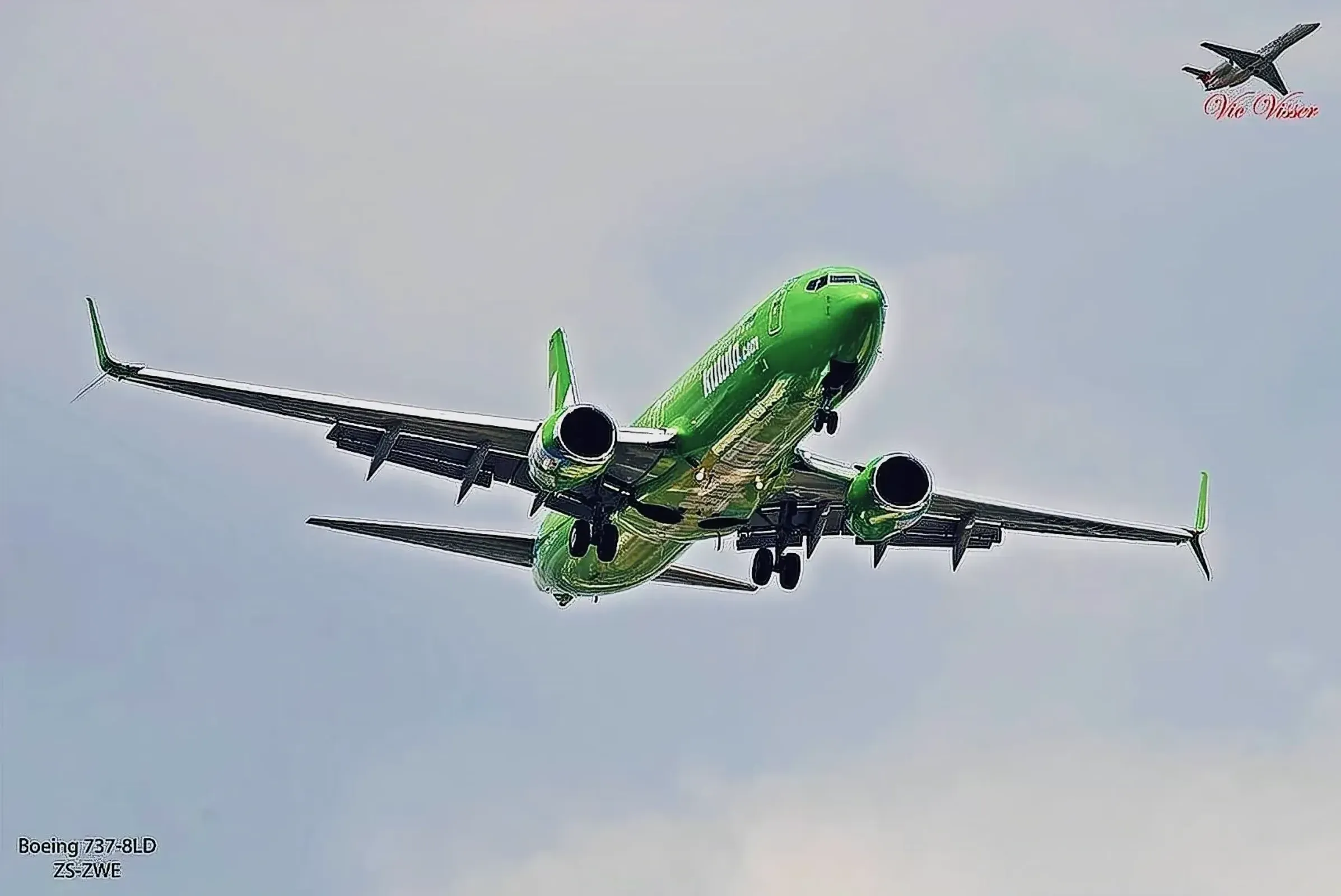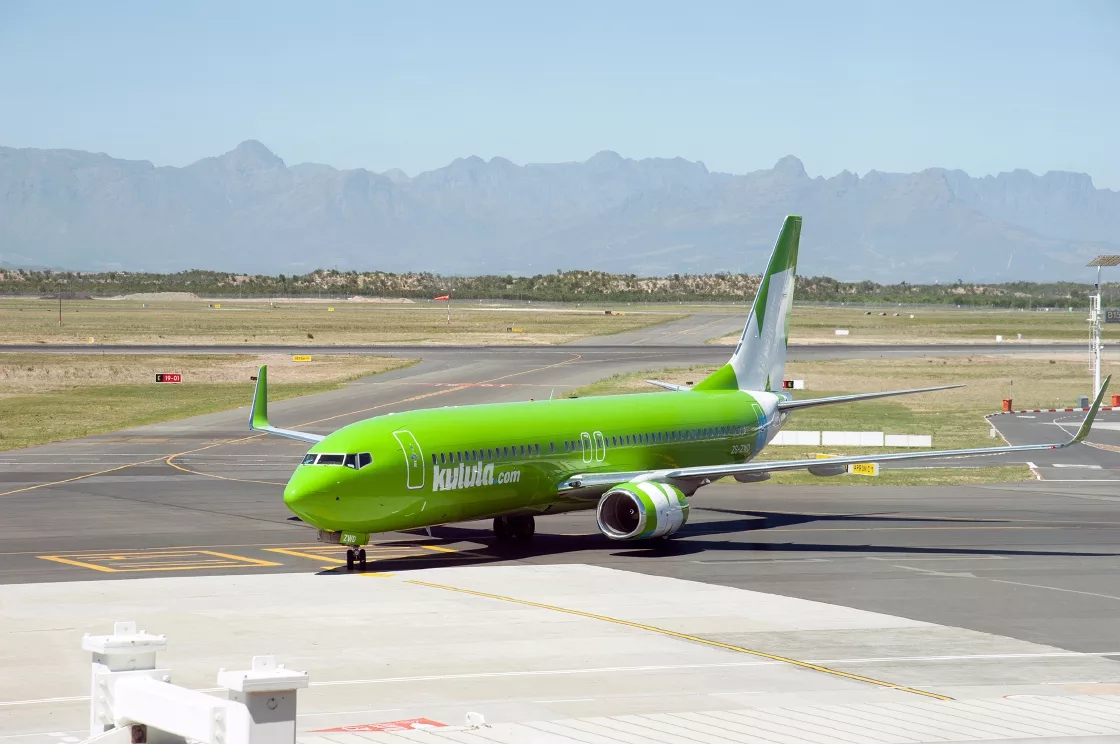An Unconventional Maverick: Kulula’s Entry and Expansion
The turn of the millennium saw Kulula.com emerge as the disruptor in South African aviation. While the airline’s chapter may have closed, the entrepreneurial spirit it embodied is still seen in the city’s approach to hosting major events, a spirit captured on our comprehensive Cape Town events news. As the nation’s first low-cost airline, it challenged the status quo, offering an unprecedented no-frills approach that prioritized affordability and simplicity in air travel. Kulula’s rise was meteoric; it quickly became a household name, endearing itself to customers with its lighthearted take on what was traditionally a serious industry. The airline’s marketing genius shone particularly bright during global events such as the 2010 FIFA World Cup, where it embraced guerilla marketing tactics to great effect, prompting both legal scuffles with FIFA and an increase in its public profile. It was this blend of humor and smart pricing that carved a distinctive niche for Kulula in the aviation sector.Innovation in the Skies: Fleet Modernization and Customer Experience
Kulula’s trajectory was defined by continuous improvement and expansion. In 2012, the airline announced the incorporation of the state-of-the-art Boeing 737-800s into its fleet. This move was not just about expansion; it was also about enhancing the customer experience with features that were at the cutting edge of aviation technology. The addition of these aircraft was intended to propel Kulula’s service offerings to new heights, providing passengers with unparalleled comfort and efficiency. This investment was a clear indicator of Kulula’s commitment to evolving and adapting in a highly competitive market. The introduction of new aircraft was part of a broader strategy to stay ahead of the curve by prioritizing the customer experience and operational efficiency. As Kulula sought to enhance the customer experience, so does Cape Town continue to evolve, offering new experiences to residents and tourists alike. To stay informed on the culinary front, one can explore the latest offerings through our Cape Town restaurants guide, a testament to the city’s commitment to evolution and excellence.




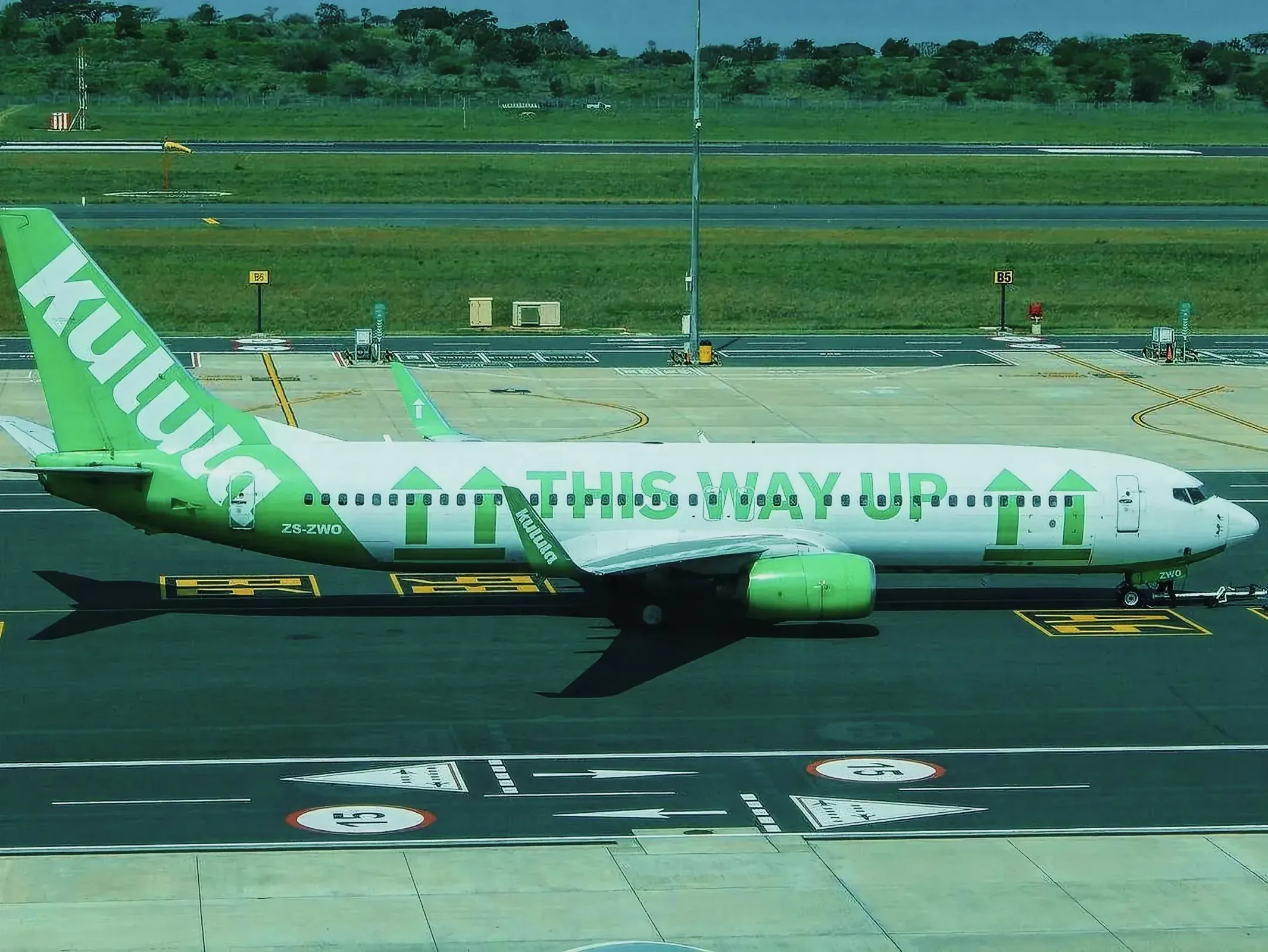
Crisis in the Clouds: The Pandemic and Ensuing Struggles
However, the unforeseen advent of the COVID-19 pandemic in early 2020 brought unprecedented challenges to the global aviation industry, and Kulula.com was not spared. The sudden halt in travel due to stringent lockdowns and travel restrictions dealt a severe blow to the airline’s operations. Kulula found itself grappling with a dramatic loss of revenue as flights were grounded and the future of air travel became uncertain. The airline’s efforts to resume operations in the pandemic’s wake were fraught with difficulty, and the financial strain began to show cracks in the once robust carrier. Despite an optimistic restart in 2021, the airline struggled to reclaim its former market position, a situation exacerbated by financial missteps and competitive pressures.The End of an Era: Accusations, Liquidation, and Reflection
Kulula’s struggle to remain airborne culminated in a series of unfortunate events that led to its downfall. Accusations of a hasty asset liquidation emerged, compounding its woes and shaking the confidence of stakeholders. These issues precipitated the decision to enter business rescue proceedings, which quickly led to liquidation, marking the end of Kulula’s two-decade tenure in the skies. The liquidation not only represents a significant loss for South African aviation but also raises critical questions about the sustainability of low-cost carriers in the face of global economic shocks. Kulula’s story, though ended in liquidation, is a part of a larger narrative of resilience and adaptability—a narrative that continues to unfold across Cape Town’s industries and can be followed through our local news feed.Comair and the Birth of Kulula: A History of Innovation
The story of Kulula cannot be told without mentioning its parent company, Comair Limited. Comair’s history stretches back to 1946, making it one of the oldest airline brands in South Africa. Its strategic partnership with British Airways in 1996 was a landmark moment, positioning it as a premium operator within the domestic market. The inception of Kulula.com by Comair was a visionary move, recognizing the need to diversify and capture the burgeoning market of cost-conscious travelers. Comair’s innovative spirit through Kulula left an indelible mark on the industry, showcasing its agility and foresight in an often unpredictable business landscape.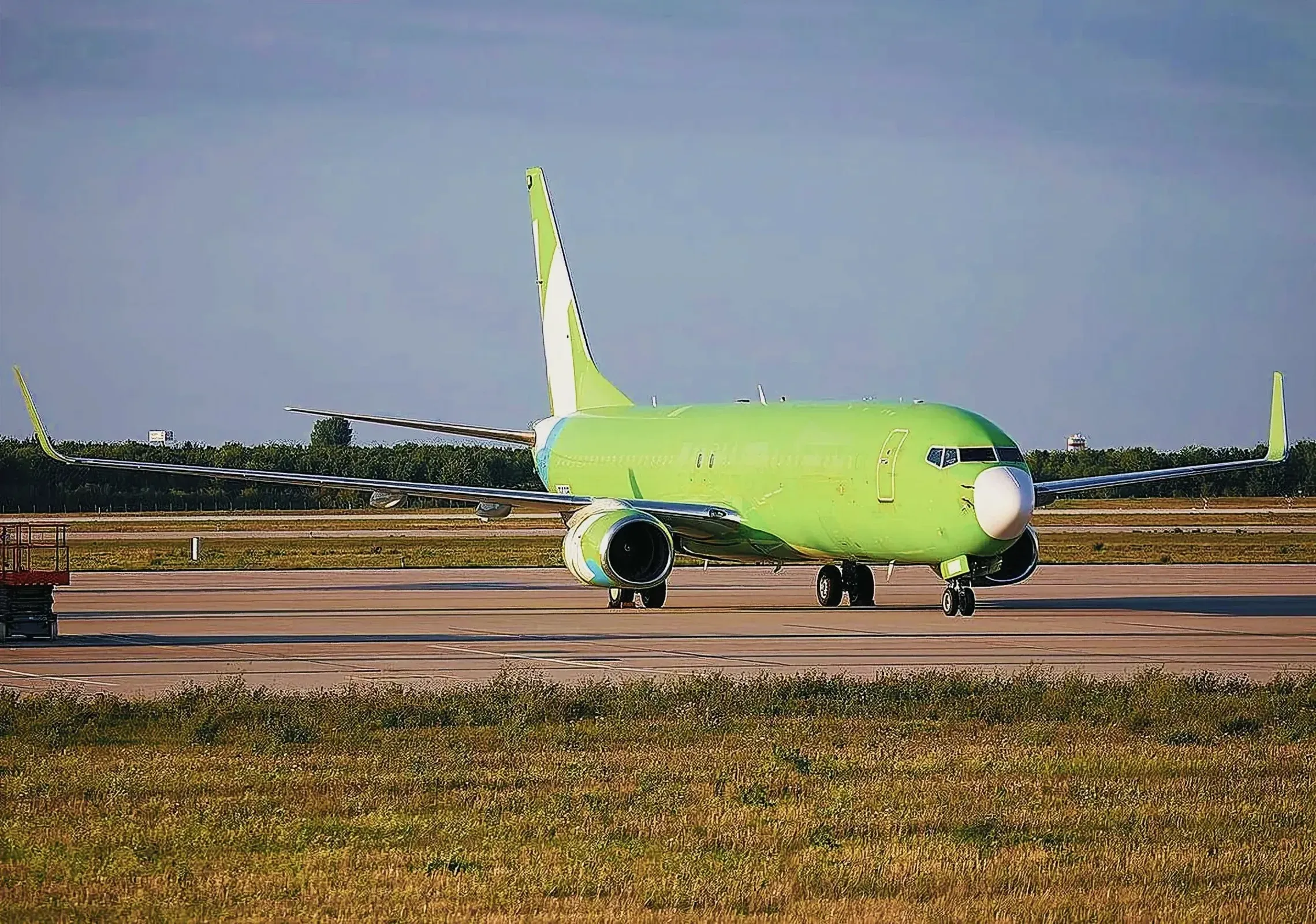
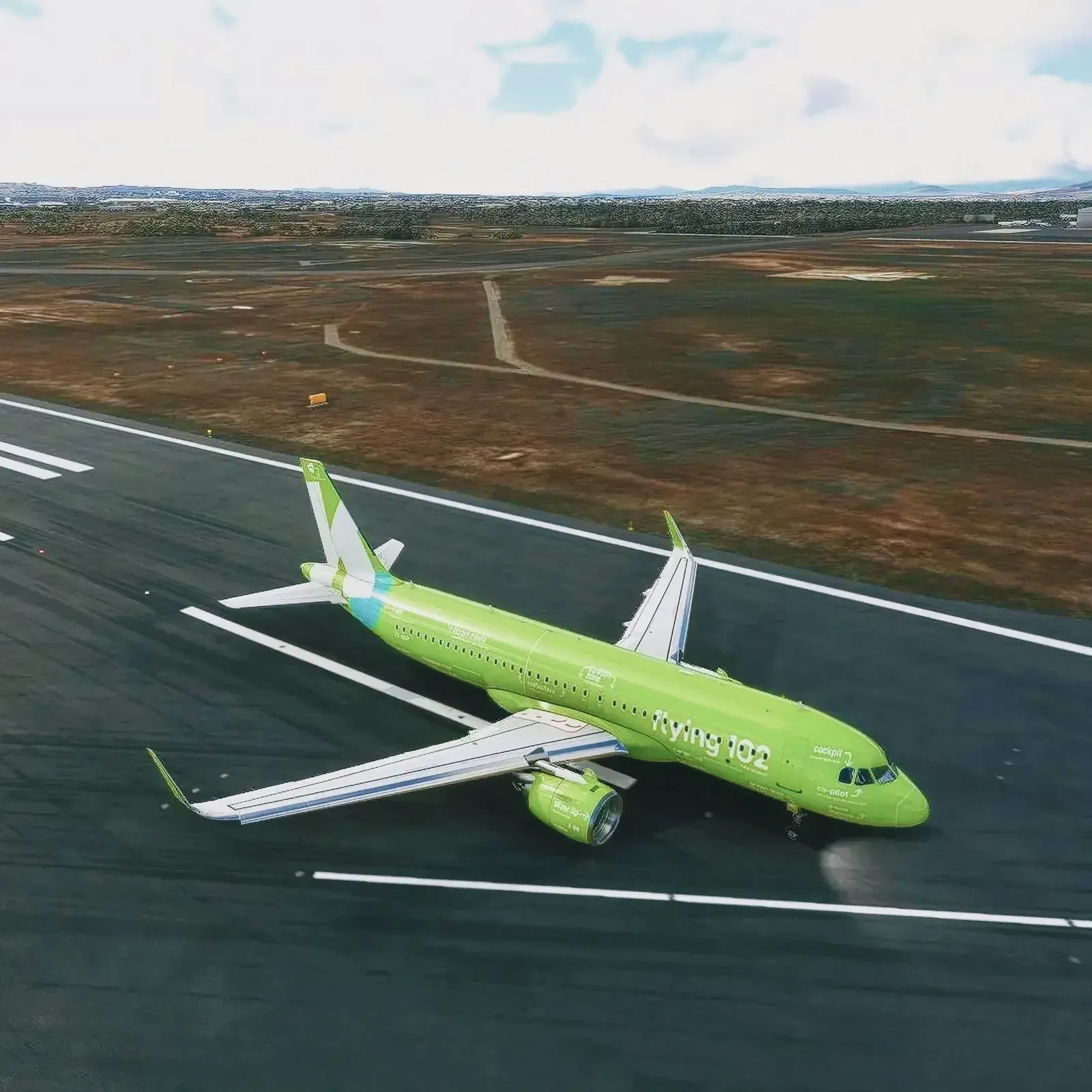


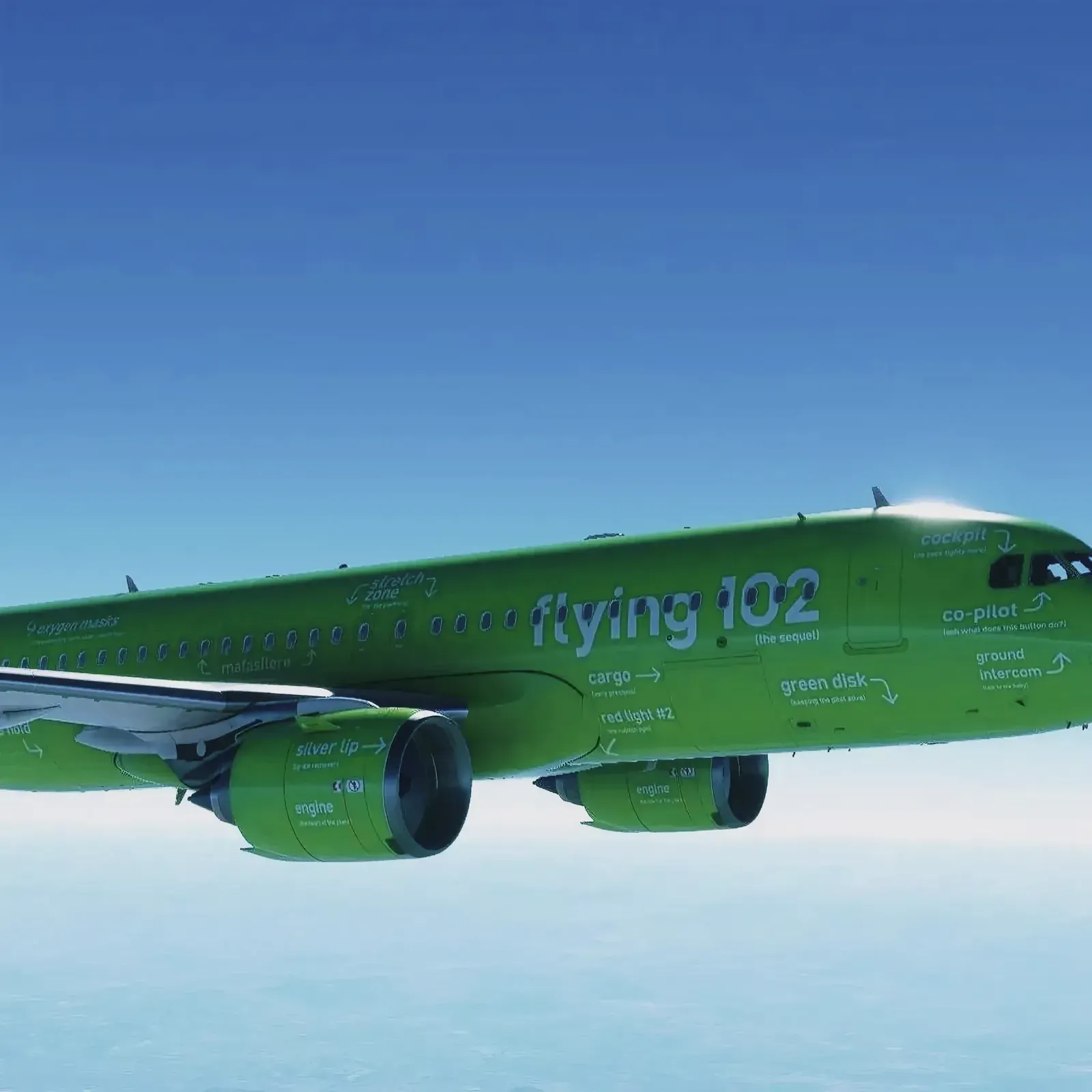
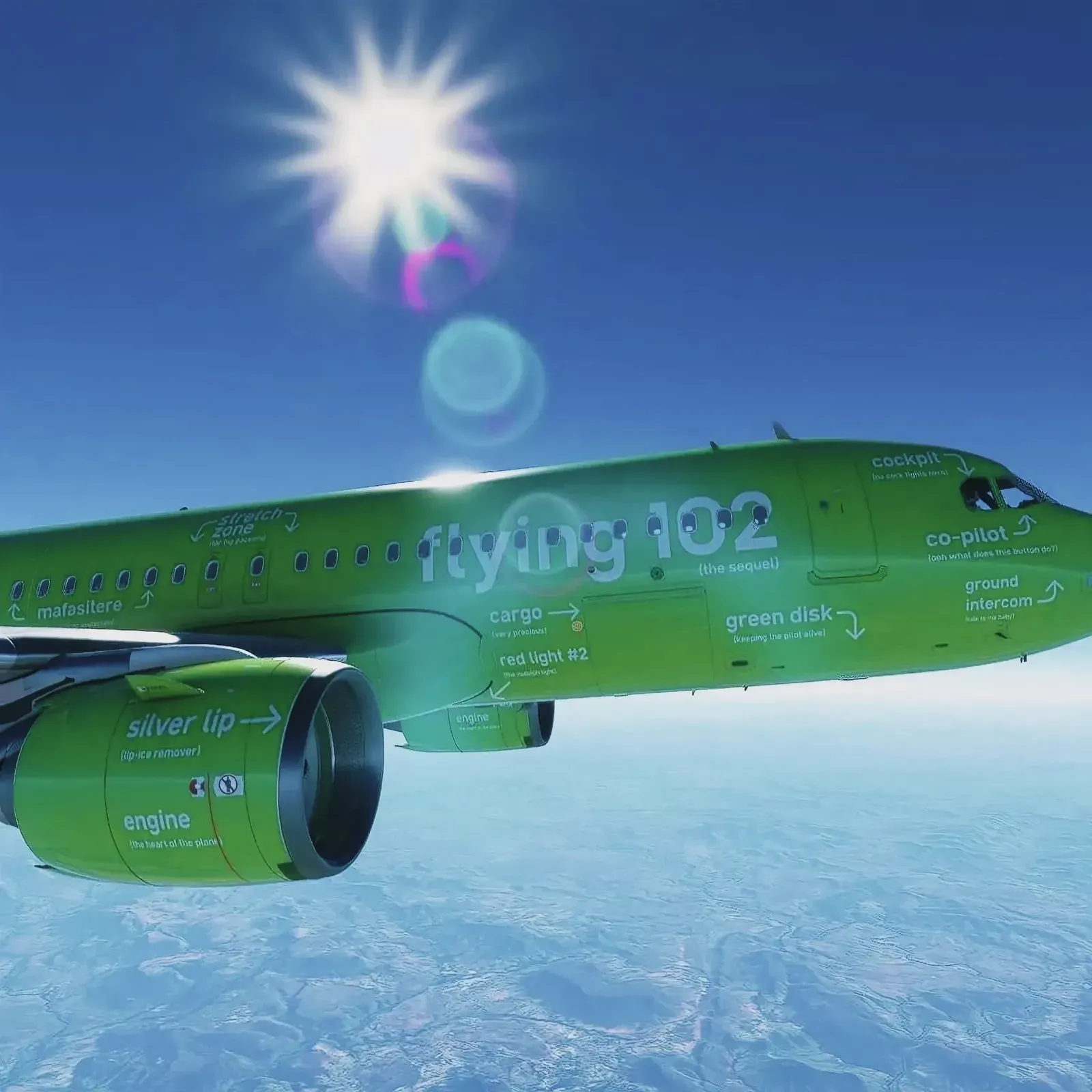
A Legacy of Ingenuity and Character
Despite its unfortunate conclusion, Kulula.com’s legacy is multifaceted and enduring. The airline didn’t just democratize air travel in South Africa; it injected personality into an industry that was typically conservative and uniform. Kulula’s approach to branding and customer service became a case study of how to connect with consumers beyond just competitive pricing. Its bold and humorous advertising campaigns rewrote the playbook on airline marketing, earning it a beloved status and a unique place in aviation history. The story of Kulula is also one of economic impact; its business model not only changed the face of South African aviation but also had ripple effects on tourism and the broader economy. As an emblem of innovation and character, Kulula.com will be remembered for showing that a company can indeed soar on the wings of personality and a visionary business model.FAQ: Kulula.com’s Liquidation
Q: What led to Kulula.com’s liquidation? A: Kulula.com faced several challenges that led to its liquidation. The COVID-19 pandemic had a severe impact on its operations, grounding flights and cutting off revenue streams. Attempts to restart operations were met with financial difficulties, competition, and a changing market. Accusations of hasty asset liquidation added to the strain, eventually resulting in the company entering business rescue proceedings and then liquidation. Q: What does Kulula.com’s liquidation mean for South African aviation? A: The liquidation of Kulula.com signifies a substantial shift in South African aviation. It highlights the vulnerability of low-cost carriers in the face of economic crises and underscores the importance of adaptable business strategies. This event may lead to reduced competition, potentially higher prices for consumers, and a reevaluation of business models within the industry. Q: How did Kulula.com change the aviation industry in South Africa? A: Kulula.com was a trailblazer in the South African aviation industry as the nation’s first budget carrier. It broke traditional molds by offering low-cost travel with a unique brand personality, thereby democratizing air travel and contributing to increased tourism and economic activity in the region. Kulula.com’s innovative marketing and customer service approach also set new standards in the industry. Q: Will Kulula.com’s frequent flyers be able to get refunds or transfer their tickets? A: The specific policies regarding refunds or ticket transfers following Kulula.com’s liquidation would be determined by the liquidators and communicated to affected passengers. It is advisable for customers to get in touch with the company directly or follow official communications for updates on their particular situations. Q: Can other airlines absorb the impact of Kulula.com’s departure from the market? A: While other airlines may increase their capacity to fill the gap left by Kulula.com, the absorption of the full impact depends on several factors, including market demand, the state of the economy, and the capacity of other airlines to expand their operations. The redistribution of Kulula’s market share may present opportunities for other carriers, but it could take time to adjust to the new dynamics. Q: What lessons can be learned from the rise and fall of Kulula.com? A: The story of Kulula.com teaches several business lessons, particularly about the importance of agility and innovation in competitive markets. It also highlights the risks associated with external economic shocks and the need for solid contingency planning. Moreover, Kulula.com’s experience emphasizes the value of brand personality and customer engagement in building a loyal customer base. Q: Is there any possibility of a revival for Kulula.com in the future? A: The possibility of a revival would depend on the outcomes of the liquidation process and interest from potential investors or buyers. In the aviation industry, brand revivals are not unheard of but would require significant investment and strategic restructuring.

